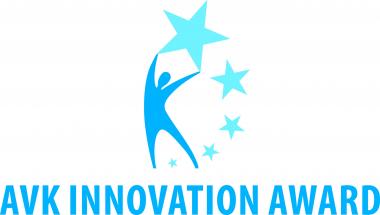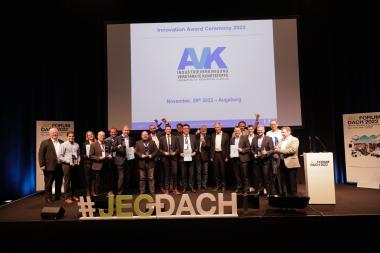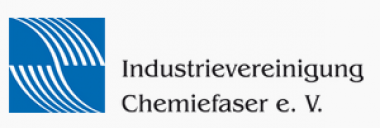IVC Board: Stefan Braun succeeds Klaus Holz
The new chairman of the Industrievereinigung Chemiefaser e. V. is Stefan Braun, managing director of Indorama Ventures Mobility Obernburg GmbH.
Braun, who had already held the chair twice between 2014 and 2020, was elected in June 2023 at the IVC annual members' meeting in Lenzing, Austria. Klaus Holz, Managing Director of Indorama Ventures Fibers Germany GmbH, was not available for re-election after one term as IVC Chair and two previous terms as Vice-Chair.
The IVC General Assembly appointed Dieter Feldmann, Managing Director of CERDIA Produktions GmbH, as Deputy Chairman. He succeeds Werner Häller, COO of Monosuisse AG, who did not stand for this position. The previous Treasurer of the IVC, Dr. Till Boldt, Managing Director of ENKA International Lux SE & Co. KG, was confirmed in office for the fifth consecutive term.
All elections took place according to rotation. Deviating from the usual mandate of 3 years, the Board of Directors had itself elected for a shortened term until June 2024.
IVC Managing Director Dr Wilhelm Rauch will leave IVC after almost 22 years when his contract expires on 31 January 2024 and will take on new tasks. The chemist with a doctorate and REACH expert is looking forward to making his expertise available to companies across sectors in the future.
Industrievereinigung Chemiefaser e.V. (IVC)






















